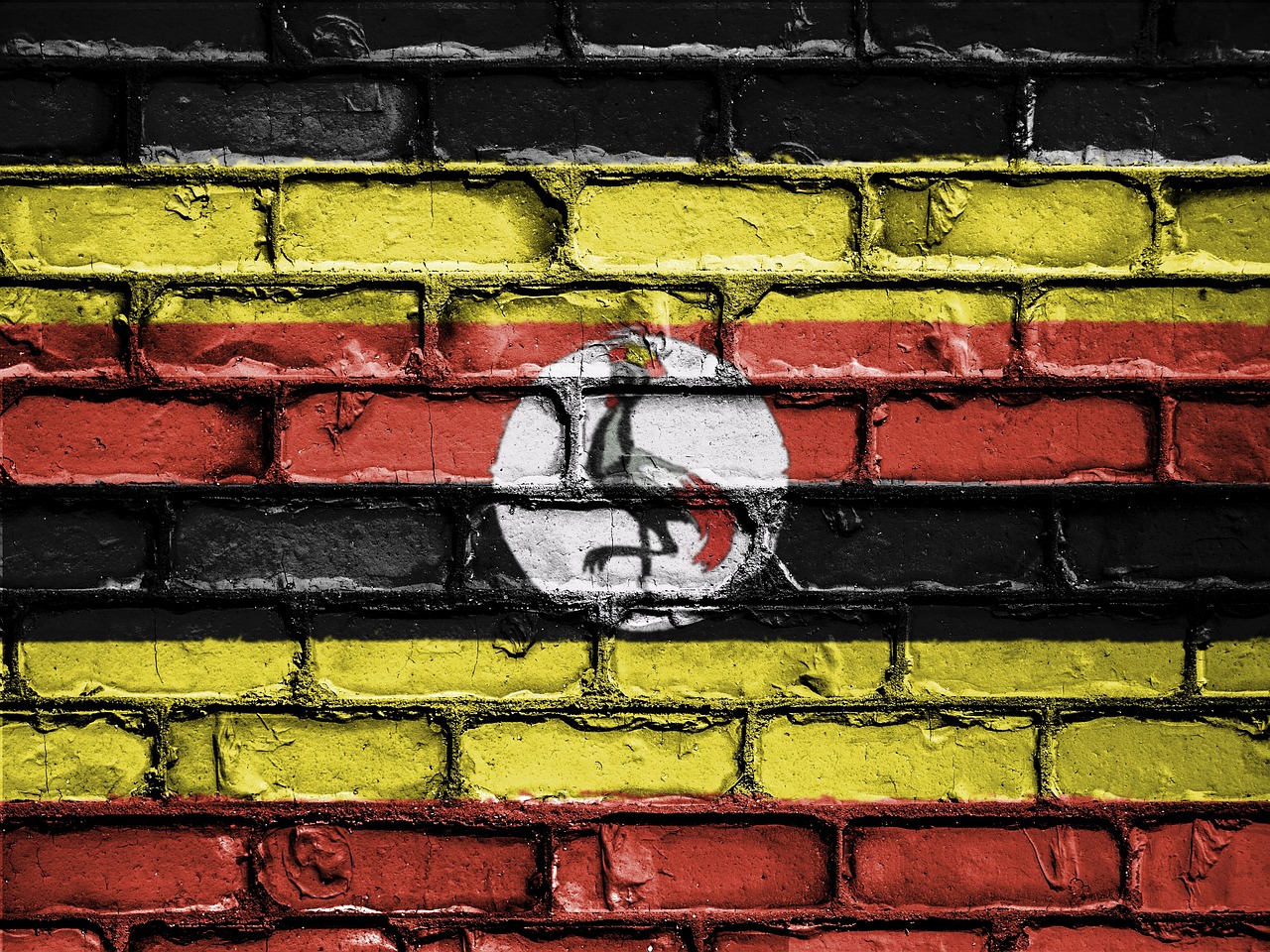
Uganda has officially joined BRICS as a partner country, with the partnership taking effect from 1 January 2025. The announcement was made by Foreign Affairs Minister Gen. Jeje Odongo during the BRICS Foreign Ministers’ Meeting in Rio de Janeiro, Brazil.
“It is a great milestone for Uganda, which enjoys warm relations with the BRICS member states and partners,” said Odongo, as quoted by The Independent Uganda. He added that Uganda remains committed to supporting BRICS goals, including sustainable development and greater cooperation across the Global South.
BRICS, which includes Brazil, Russia, India, China and South Africa, was created in 2009 to promote collaboration between emerging economies and advocate for changes in global governance. Uganda joins the bloc as a partner state alongside eight other countries.
“BRICS is a vital platform for the Global South, particularly at a time when multilateralism is under threat,” Odongo said, according to The Independent Uganda.
The decision reflects Uganda’s shift in international alignment and opens the door to a number of potential benefits.
What Uganda stands to gain
Officials believe the partnership could strengthen Uganda’s position in trade, investment and technology.
According to The Independent Uganda, the alliance could create new economic opportunities by connecting Uganda to a wider network of developing economies.
John Mulimba, Minister of State for Foreign Affairs, said BRICS countries can also support Uganda through innovation and knowledge-sharing.
“There is a huge opportunity to learn from BRICS countries’ technological progress, especially in ICT,” Mulimba told Southern African Times, adding that this could play a role in achieving the country’s Vision 2040 agenda.
The BRICS partnership also gives Uganda a chance to diversify its diplomatic relationships beyond traditional Western powers.
Experts urge caution
While officials have praised the move, some analysts say Uganda should proceed carefully.
Dr. Amina Mugerwa, an international relations scholar at Makerere University, welcomed the development but stressed the importance of follow-through.
“The engagement should translate into tangible outcomes like policy coherence, trade facilitation and capacity building,” Mugerwa said in an interview with Southern African Times.
Uganda’s future in BRICS will depend on its ability to take part in active projects and turn symbolic membership into meaningful economic and political returns.
As more countries from the Global South explore alternative alliances, Uganda’s decision to join BRICS highlights the shifting balance of power in global politics. Whether this partnership delivers real change remains to be seen.

